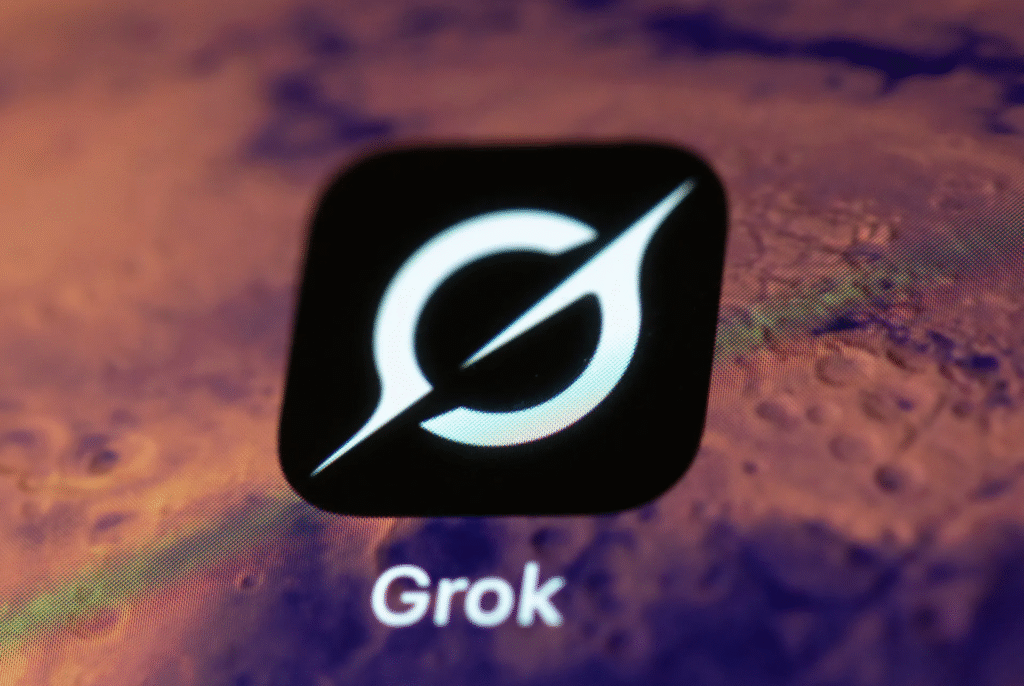K-AI Rising: South Korea’s Bet to Outthink OpenAI & Google
South Korea is ramping up efforts to build its own AI powerhouses, aiming to reduce reliance on OpenAI and Google. The government has pledged ₩530 billion (around $390 million) to support five local companies developing large foundational models. Every six months, funding will be narrowed down to the top performers, with the ultimate goal of backing two national champions to lead the country’s AI ambitions.

The selected companies—LG AI Research, SK Telecom, Naver Cloud, NC AI, and startup Upstage—are each pursuing unique strategies. LG focuses on efficient, industry-specific models rather than massive scale. SK Telecom leverages its telecom data and Korean-language optimization. Naver benefits from its integrated ecosystem of cloud, AI, and consumer platforms. Upstage’s Solar Pro 2 aims to outperform bigger rivals by fine-tuning for Korean benchmarks and business applications.
YouTube Music’s New AI Hosts Bring Stories to Songs
YouTube Music is rolling out an experimental feature that uses AI-powered hosts to make listening sessions more interactive and engaging. These virtual hosts act like radio DJs, popping in between tracks to share trivia, behind-the-scenes facts, and insightful commentary about artists, albums, and song histories. The pilot is being tested through YouTube Labs for a select group of users in the U.S., and interestingly, it doesn’t require a Premium subscription. By weaving storytelling into the listening experience, YouTube aims to create a more immersive, human-like vibe that goes beyond simple playlists.

This experiment expands on YouTube’s growing suite of AI tools, including its conversational radio feature that lets listeners describe their mood or vibe to generate custom stations. The platform is clearly pushing toward a more personalized and narrative-driven music experience. At the same time, YouTube is tightening its content policies to tackle issues around mass-produced, low-quality, or misleading AI material. The goal is to balance innovation with authenticity—offering fresh ways to discover music while maintaining trust and quality on the platform.
Trump’s Bold Push to Curb Foreign Semiconductor Dependency
The Trump administration is preparing a major policy shift aimed at reducing America’s reliance on foreign semiconductor imports. Under the proposed plan, U.S. chip firms would be required to produce one chip domestically for every chip their customers import. Companies that fail to meet this 1:1 production ratio could face steep tariffs, marking one of the most aggressive trade and industrial interventions in recent years. The move is intended to strengthen national security, protect supply chains, and reassert U.S. dominance in the global chip race.

However, the plan faces serious logistical and economic challenges. Semiconductor fabrication plants are expensive and take years to build, and the U.S. has struggled to keep pace with global manufacturing capacity. Projects like Intel’s Ohio plant have already seen delays, highlighting the complexity of onshoring such advanced technology. Until domestic production scales up, chipmakers may face higher costs and operational pressure, potentially impacting downstream industries like automotive, defense, and consumer electronics. The policy underscores a growing tension between political ambitions and the hard realities of modern chipmaking.
GPT-5 vs Humans: AI Closing the Professional Gap
OpenAI has introduced a new benchmark called GDPval to measure how well its AI models perform compared to humans in real-world jobs. Early results show that GPT-5 and Anthropic’s Claude Opus 4.1 are already reaching human-level performance in many areas. GPT-5-High scored at or above human professionals on about 40.6% of evaluated tasks, while Claude Opus 4.1 performed even higher at around 49%. These tasks span economically important sectors like healthcare, finance, education, and manufacturing, highlighting how quickly advanced AI systems are evolving from assistants to near-expert performers.

Despite the impressive numbers, OpenAI is cautious not to overstate the technology’s capabilities. The benchmark currently focuses on 44 occupations and evaluates specific tasks rather than the full range of responsibilities that real jobs involve. Many professions rely on judgment, collaboration, adaptability, and real-world context—areas where AI still lags. OpenAI emphasizes that GPT-5’s goal isn’t to replace humans but to complement them by taking on repetitive or knowledge-heavy parts of work, freeing people to focus on creativity, strategy, and interpersonal skills.
Grok for Pennies: Musk’s xAI Secures U.S. Government Deal at 42 Cents
Elon Musk’s AI startup, xAI, has made a surprising move by offering its Grok chatbot to U.S. federal agencies for just 42 cents per agency over an 18-month period. The deal, made through the General Services Administration, includes access to both Grok 4 and Grok 4 Fast models, as well as technical support and training to help agencies integrate the chatbot into their operations. This ultra-low pricing is a direct challenge to competitors, many of whom charge significantly more for government AI contracts.

The offer is as strategic as it is symbolic. By pricing Grok at nearly zero, xAI is positioning itself to rapidly gain influence and visibility within the federal sector. The deal also comes despite past controversies surrounding Grok’s content moderation and reliability, indicating that Musk’s company is willing to trade short-term profit for long-term adoption and trust-building. If successful, this move could give xAI a strong foothold in government AI procurement, setting the stage for larger and more lucrative partnerships in the future.
